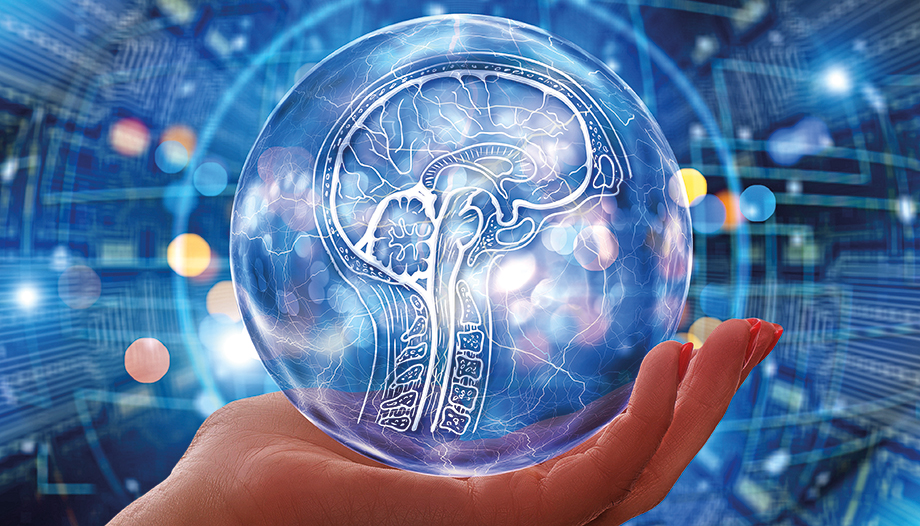On September 23, 2024, the Plenary Assembly of the Plenary Assembly of the Pontifical Academy of Sciences. The Pope Francis’The speech was delivered to the participants, thus kicking off discussions on highly topical issues such as artificial intelligence (AI) and the so-called "Anthropocene era".
The event includes three days of in-depth discussions, featuring distinguished scientists and technology leaders committed to solving the global challenges of our time.
Words of the Holy Father
In his speech prepared for the occasion, the Pontiff first expressed his concern about the destructive impact of human activities on nature and ecosystems, and congratulated the Academy for the choice of topics, stressing in this regard the importance of a science that takes into account the common good and social justice.
The central reference was to the "Anthropocene," a term coined in the early 2000s by the atmospheric scientist Paul Crutzen, now a member of the same Pontifical Academy, to define the current era in which the effects of human activities on the planet are evident. Consequences "increasingly dramatic for nature and for human beings, especially in the climate crisis and the loss of biodiversity" that such an attitude is generating.
On the other hand, he could not fail to mention artificial intelligence, whose development "can be beneficial for humanity, promoting innovations in the fields of medicine and health," as well as helping to protect the natural environment itself. It is also necessary to "recognize and prevent the risks of manipulative uses" that this technological development can entail, the Pope added.
Assembly Program
The Assembly days include lectures and panel discussions with presentations from some of the world's leading scientists and technologists. During the first day, a panel explored the topic of ethics in artificial intelligence, with the participation of Demis Hassabis, CEO of Google DeepMind, and Frances Hamilton Arnold, Nobel Laureate in Chemistry. It was mentioned that "artificial intelligence represents an extraordinary opportunity to accelerate scientific discoveries", although "its application must be accompanied by a strong social responsibility".
On the second day, the debate focused on climate change and biodiversity loss. People are becoming aware, for example, of the urgency of acting in a coordinated manner to address these crises, knowing that "science must guide the actions needed to ensure a livable future."
Highlights of the third day include a session dedicated to emerging sciences, with talks on quantum physics and applications of AI to medicine. Among other things, there will be talks on the use of artificial intelligence in marine science and how it can improve sustainable ocean management and protect marine biodiversity.
Previous Academy initiatives
The Pontifical Academy of Sciences has a long tradition of reflection on ethical and scientific issues of global relevance. Its previous plenaries have addressed topics such as human resilience during climate change and pandemic response, such as COVID-19. In 2022, the Academy explored the theme of "resilience of people and ecosystems under climate stress," highlighting the key role of science in mitigating environmental crises.
This year, the focus was on AI, considered by many to be a "cognitive-industrial revolution". As the Pope also stated, the impact of this technology "on peoples and on the international community requires greater attention and study," thus calling for a responsible use of emerging technologies to avoid exacerbating inequalities and to foster true progress.








